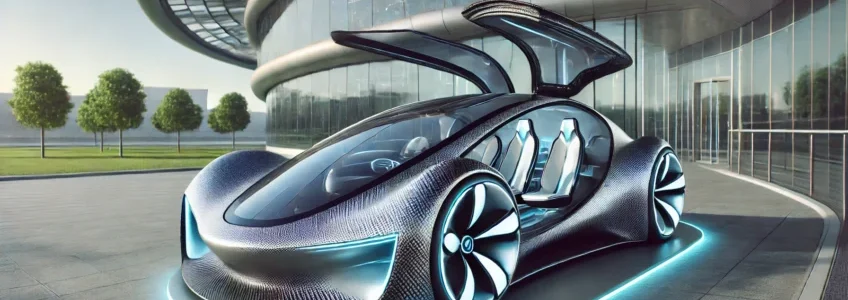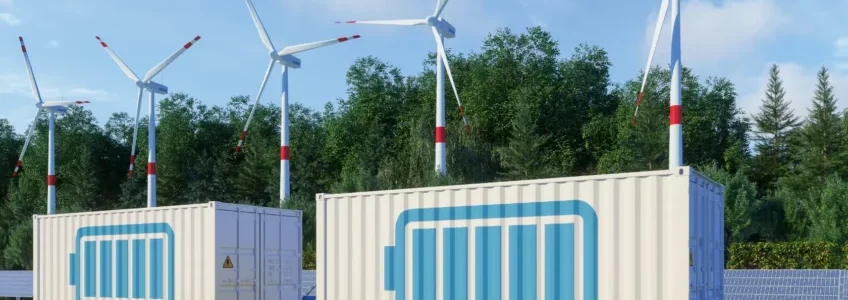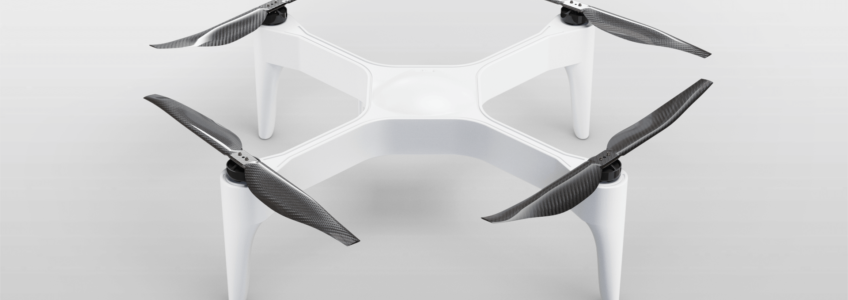Diamond battery technology is redefining the future of energy storage, promising an unparalleled lifespan of 5,700 years. Following last week’s discussion on the transformative potential of advanced lithium-ion batteries, this innovation marks another significant leap in sustainable battery solutions.
Advanced lithium-ion batteries are at the forefront of revolutionising the electric vehicle (EV) industry, setting new benchmarks for range, durability, and sustainability. A recent breakthrough in battery technology has introduced a single crystal electrode design capable of withstanding over 20,000 charge-discharge cycles. This innovation translates to an astonishing five million miles of range in an EV, potentially outlasting the vehicle itself.
In the quest to create energy-efficient vehicles and greener transportation solutions, carbon fibre batteries are emerging as a revolutionary technology. This new battery technology not only stores energy but also forms part of the structural framework of vehicles, drastically reducing weight and improving overall efficiency. The potential for carbon fibre batteries to reshape industries such as automotive and aerospace is immense.
Unveiling the Future with CATL’s TENER Energy Storage System
The introduction of CATL’s TENER energy storage system represents a significant breakthrough in the world of energy storage. This innovative technology promises a lifespan of 20 years with zero degradation in the first five years, a feat that aligns perfectly with the global shift towards sustainable energy solutions. This article takes a closer look at the core aspects of the TENER energy storage system, exploring its potential to revolutionise the energy storage market.
With the increasing need for sustainable energy sources, innovation in battery technology becomes paramount. One such advancement emerging from the labs of the University of Cincinnati is the membrane-free lithium-ion battery. This technological marvel could become a game-changer, particularly for our grid systems, which thirst for efficient, cost-effective energy storage.
Using hydrogen as a fuel poses many challenges due to its high flammability, diffusivity and very low density as a gas. Storing it is another issue along with the difficulty in processing it as some methods are not sustainable. However, all that could be a thing of the past with a new small 22-lb hydrogen engine that could effectively replace the internal combustion engine.
The future of aviation may be closer than we think thanks to an electric aircraft start-up company, Impossible Aerospace. One of their newly-designed electric drones is capable of flying non-stop for two hours. With $9.4 million in funding from Airbus and two Silicon Valley venture capital firms, electric drones are just the beginning.
Spencer Gore, CEO and founder of Impossible Aerospace, is a former Tesla battery engineer with invaluable industry experience. His vision is to transform aviation using electric drones as proof of concept. The plan is to make longer-range electric passenger aircraft with today’s low energy-density batteries. If all goes according to plan, the future looks bright for zero-emission passenger aircraft. We take a closer look at the technology and the young mastermind behind it all.









Recent Comments